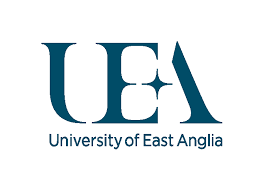We had a delightful afternoon in the beautiful setting of Swinfen Hotel near Lichfield leading an enthusiastic group of head teachers through an introduction to Philosophy for Children. This is the feedback from one of the participants:
“High quality presentation with a variety of activites which engaged me and enabled me to form a clear understanding of P4C. I like the very structured approach to developing pupil’s ability to:
- think
- form open ended questions
- develop confidence to speak, share and discuss in front of others.
It was very useful, I intend to follow up on this at my school.”

